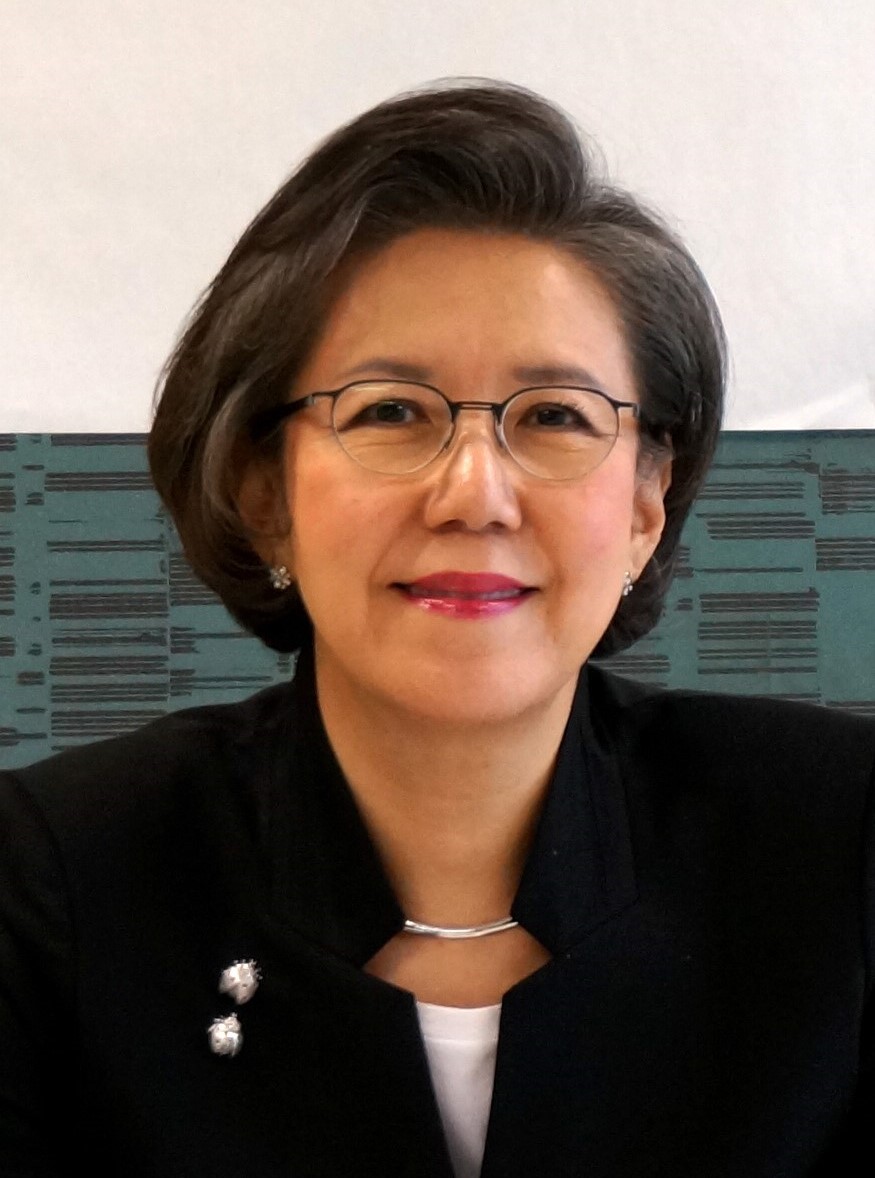I speak to you today during deeply troubled times in Myanmar. Unarmed peaceful protestors are being attacked by the security forces. Yesterday, many people were killed, shot in the head by soldiers and police firing directly into the crowds. I was informed that 2 of those shot dead in the head were children – 14 and 16. Yesterday, a very brave young woman, aged 19 was also shot dead. Her name was Ma Kyal Sin, Angel in English. She left a letter saying that “If I was wounded and couldn’t get back to good condition, please do not save me. I will give the useful parts of my body to someone who needs it. She was also carrying tags of vital information such as her blood type and her wish to donate her organs. She will always be an Angel in the hearts of all of us. My prayers and thoughts are with her family and loved ones. This is the Myanmar that we all are witnessing — tragic loss of lives, extreme turmoil, and great uncertainty.
Let me start by explaining how and why SAC-M was formed. Last month, myself and the two other founding members of the Council were approached by Myanmar civil society groups asking us to support their efforts fighting for human rights, peace, democracy, justice and accountability in Myanmar. They have been doing this work for many, many years and they have faced many challenges in the process. However, since the military coup on February 1, their work has simultaneously become even more urgent, while also significantly more difficult and dangerous.
So, we three founding members resolved to form this Special Advisory Council for Myanmar. Together, as SAC-M, we will serve as an international platform, to ensure their voices and messages are heard at this critical time. And we will draw on their knowledge and expertise to provide information and analysis to the international community, so that the international response to the crisis will be based on the realities in Myanmar. We ourselves have accumulated substantive knowledge and will not hesitate to share, along with our analysis, with the international community.
For those of you who are not familiar with me, from 2014 up until last year, I held the mandate of UN Special Rapporteur on human rights in Myanmar. For six years I was responsible for reporting on the human rights situation in Myanmar to the UN Human Rights Council and UN General Assembly. I was appointed during U Thein Sein’s time, witnessed the 2015 elections, witnessed Daw Aung San Suu Kyi rise to power, and was barred from the country in December of 2017 for speaking the truth.
During this time, I reported on countless acts of brutality committed by the military and security forces against Myanmar’s ethnic nationalities and religious minorities. I was the first to raise the alarm for what the military was about to do in 2017, two weeks before the military went all out and committed genocide against the Rohingya living in Rakhine State. Now, the world is watching as the military’s vicious cruelty is being turned against peaceful protestors on the streets of Myanmar’s cities, as well as in towns and villages. The military is terrorizing the peoples of Myanmar, through its terrorist-like behaviors, using fighter jets, gas bombs, and snipers.
The Tatmadaw is trying to impose itself on the population by force. Let me be clear. There can be no recognition of the military junta as a legitimate government. It would be a betrayal to the peoples of Myanmar who have responded by risking their livelihoods, their safety and, increasingly, their lives to reject the coup.
We are seeing millions of people take to the streets in protest. We hear you loud and clear – you will never accept military rule. I personally know that sentiment very well, having lived through 2 coups myself. We have seen the creation of innovative grassroots movements that have been incredibly effective at resisting the military’s take over: the Civil Disobedience Movement or CDM; the General Strike Committee of Nationalities; and Generation Z.
We have seen solidarity with these social movements from Myanmar’s Ethnic Armed Organisations. Last month, the Peace Process Steering Team, or PPST, announced it would suspend all political talks with the Myanmar military and stated its strong support for public mobilization, including the CDM, against dictatorship and the military coup.
We have also seen Myanmar’s elected representatives organise to form the Committee Representing Pyidaungsu Hluttaw or CRPH. This week CRPH appointed Acting Union Ministers to assume duties on behalf of their colleagues, elected by the people of Myanmar in the last election, who have been overthrown by an illegitimate military regime.
From the very outset of my mandate as a Special Rapporteur, I had vowed to call a spade a spade and to not leave any stone unturned. I must, again, do just that. What we are seeing now in Myanmar is definitely Crimes Against Humanity committed by the military and security forces against its own people. There has been a widespread and systematic attack on the civilian population, with knowledge of the attack. Since 1 February, there are more than 1294 arrests, and more than 250 (probably more) enforced disappearances. There has also been murder, more than 60 dead, most notably Sunday and yesterday. The way they have been carried out, the intention to kill is beyond doubt. There are pictures of security forces aiming straight at the protesters and some aiming for the head. And yes, they were widespread – happening all around the country with the same tactics used everywhere. On this note, I will hand over to others to speak.


